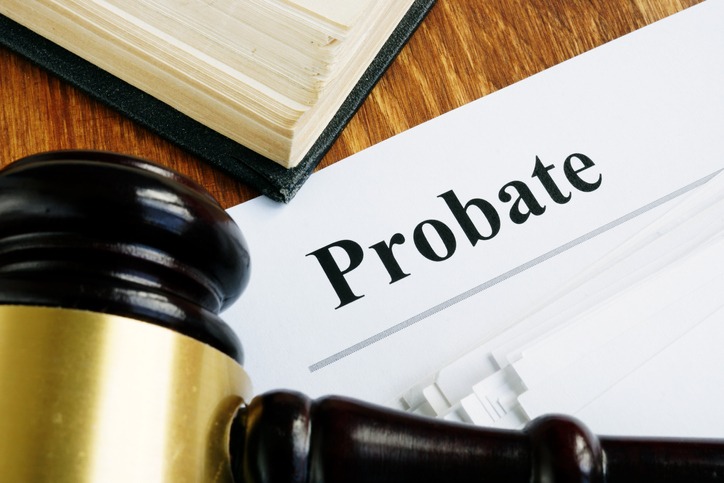Most, if not all, estate planning attorneys agree you should avoid probate if you can. It can be time-consuming, stressful, and can cost money—all good reasons to find ways to avoid it. The following article, written by Garrett Spangler, was published on 8/22/23 online by The Mercury and provides a quick run-down of ways to avoid it.
“Probate is the administrative process through which a representative is appointed to collect the assets of a deceased person and distribute them to beneficiaries. Requirements vary by state, but probate can be challenging and require additional fees, reduced privacy since probate documents become public record, and can take up to two years or more to complete, so many wish to avoid it when possible.
If avoiding the probate process is one of your estate planning goals, there are numerous ways to do it. Below are the top five ways to avoid probate with your estate.
Utilize a Trust
Using a revocable living trust is a common way to avoid probate. This option is very effective and flexible for transferring assets of different types to beneficiaries outside of probate. It will be an additional expense to have a trust drafted for you, however once created, you need to ensure that assets are retitled into the name of the trust for it to be effective.
Beneficiary Designations
Adding beneficiary designations to retirement accounts will direct the assets to your heirs without passing through probate. IRAs, 401(k)s and other retirement accounts with pre-tax contributions have the advantage of allowing named beneficiaries to withdraw the assets over time, increasing tax efficiency. Due to the added tax efficiency, these accounts should almost always be set up using this simple and straightforward technique to avoid probate.
TOD and POD Accounts
Transfer-on-Death (TOD) and Payable-on-Death (POD) accounts provide similar benefits to beneficiary designations on retirement accounts. Individual investment, checking, or savings accounts set up this way allow you to name the heirs who will receive the assets in your accounts after you pass away without going through probate. Be sure your TOD and POD designations are kept up to date since assets set up this way pass outside of your estate planning documents too.
Joint Titling
Joint ownership is another common way for assets to pass outside of probate. If any assets are owned jointly with the right of survivorship or tenancy by the entireties (titling only available to married couples), the surviving individual will simply take over the account or asset after one owner passes away. Care should be taken, however, because a joint owner has equal rights and control over the joint property while both owners are alive.
Gifting
Making lifetime gifts to beneficiaries removes the gifted assets from your estate. It is a very effective way to avoid probate but once the gift is made you no longer have use of the property. In addition, gifts over a certain amount (currently $17,000 per year) may incur gift tax consequences.
Implementing one or more of these techniques can help your beneficiaries enjoy their inheritance quickly and with relative ease. Review your situation to determine what makes sense to accomplish your estate planning goals.”
If you haven’t begun the estate planning process or need to update your existing one, let me help you. We’ll review your goals and develop a customized plan with all the appropriate legal documents to protect your hard-earned assets and loved ones. This is definitely a case of “a little planning goes a long way” when it comes to showing your heirs how much you care. Call me now while you’re thinking about it, and let’s talk about your goals for your family. You can reach me at 513-399-7526 or my website, www.davidlefton.com, to get started.
Source: The Mercury, 8/22/23, by Garrett Spangler



